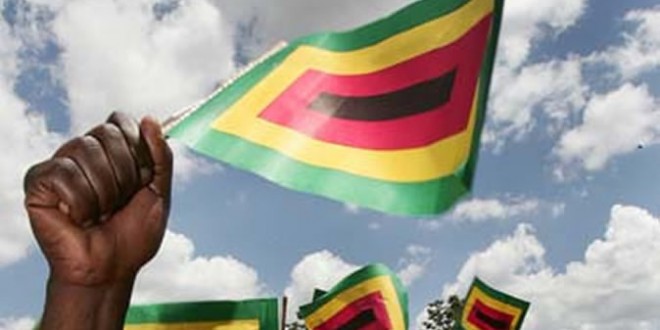
BY MISHMA CHAKANYUKA
PAPER and packaging group, Nampak Zimbabwe says the government’s currency reforms implemented in the first half of the year weighed down its operations.
In June, the government abandoned the multi-currency regime after a decade and re-introduced the Zimbabwe dollar as part of the currency reforms.
The reforms, however, have been marred by the collapse of the local currency and a rapid rise in the inflation rate.
Nampark said the fiscal and monetary measures “significantly altered the operating economic landscape in Zimbabwe.”
“The exchange rate has depreciated by over 350 percent since the introduction of the interbank rate of RTGS$ 2,5: 1 USD in February 2019 and annualised inflation is now estimated to be in excess of 175 percent,” Nampak said in a statement accompanying its financial results for the period ending June 30.
“The continuing scarcity of foreign exchange coupled with rising inflation presents a major challenge to the group.
“Near-crippling power shortages are having a severe impact on production schedules, necessitating increased use of generators and adaptation of working hours at the plants, partly to night shifts, to utilise electricity when it is available.”
- Chamisa under fire over US$120K donation
- Mavhunga puts DeMbare into Chibuku quarterfinals
- Pension funds bet on Cabora Bassa oilfields
- Councils defy govt fire tender directive
Keep Reading
The company also said its operating costs escalated due to electricity shortages that worsened around June.
Zimbabwe has been experiencing rolling power cuts that last for over 18 hours a day.
“The group remains engaged with the appropriate authorities and institutions to try and manage these challenges to the group’s best advantage,” Nampak added. It said it has been struggling to secure foreign currency to paper for conversion into tobacco boxes.
“Sales for the group finished the three month period above prior year, mainly due to inflationary pressures, which boosted prices, especially by the conversion of export earnings at new inter-bank rates,” Nampak said.
“Volumes were down across all sectors of the business except for tobacco packaging, which was bolstered during the year by export sales to Malawi.
“Trading profit for the nine months was ahead of prior year, again as a result of inflation. Gross margins have been largely maintained.
“Demand remains strong across the product portfolios, but continues to be hampered by the lack of raw materials.”
Nampak’s subsidiaries Hunyani Paper and Packaging saw their revenues going up by 116% during the period under review despite overall volumes remaining the same from last year.
CarnaudMetalbox’s revenue increased by 78% despite volumes being down 18% while Mega Pak’s revenue was up 69% despite a decrease of 26% in it volumes in the period under review.
“Net working capital decreased due to inflationary growth in inventories, trade and other receivables, and a hedging of the foreign creditors as a consequence of an arrangement reached with the Reserve Bank of Zimbabwe in terms of which amounts due to the majority shareholder’s procurement company have been placed in the non-transitory foreign currency account,” the statement said.
Nampak said capital expenditure remained curtailed following the suspension of all credit extensions and capital injection by its major shareholder, Nampak Limited of South Africa.
“The economy is facing strong headwinds,” the company said. “It is unlikely that any meaningful relief will be forthcoming to the manufacturing sector until the critical constraints of foreign exchange and power supply are eased.”










